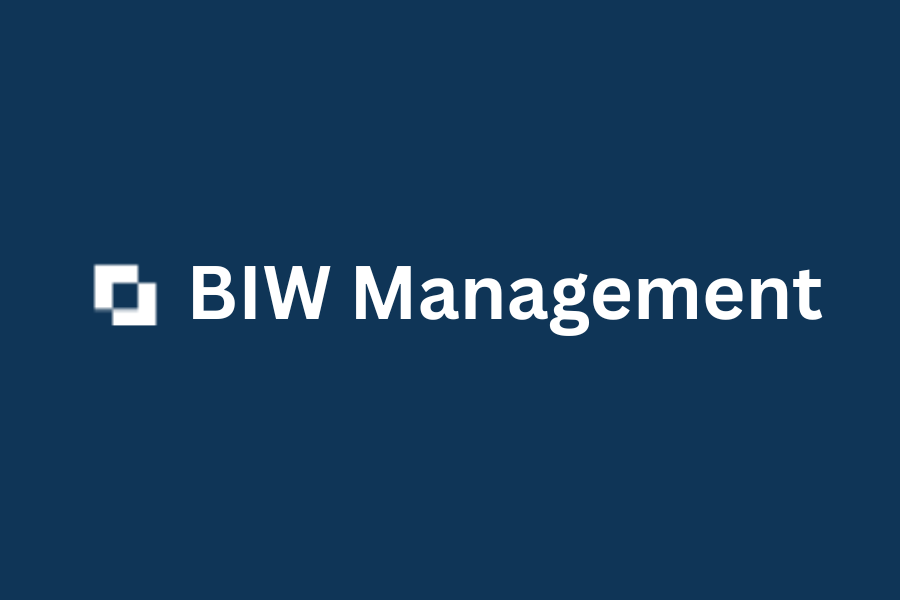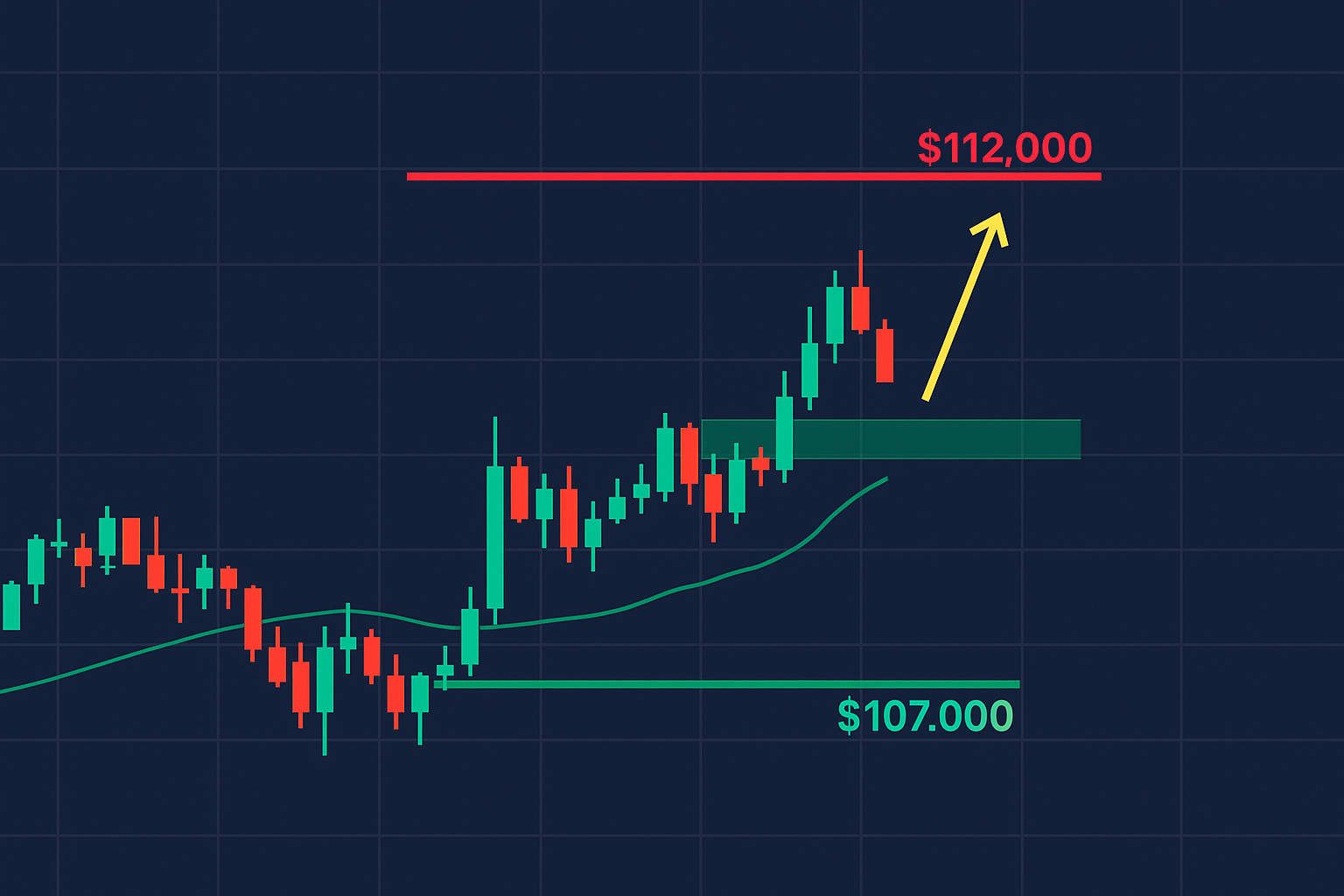The concept of central bank digital currency (CBDC) continues to be a popular topic among public institutions, and after several central banks (Riksbank, PBoC, Federal Reserve) had expressed interest on the matter, the International Monetary Fund (IMF) had joined the team. More specifically, Tao Zhang, Deputy Managing Director held a keynote speech to the London School of Economics, where CDBC had covered a good portion of the discussion.
Pros and Cons of CBDCs
Greater efficiency, lower costs, increased financial inclusion, and a safeguard against the threat of other digital assets, had been the main advantages of CBDCs according to Zhang:
A domestically issued digital currency backed by a trusted government, denominated in the domestic unit of account, may help limit the adoption of privately issued currencies (e.g. stablecoins), which may be difficult to regulate and could pose risks to financial stability and monetary policy transmission.
At the same time, negative points had been brought into the discussion. The potential to steer people away from banks and even strains on the central bank’s balance sheet could be some of the challenges that should be overcome. It could be costly for central banks to issue such digital currencies and could affect their current reputation. Not to mention any security issues that might arise from implementing a large-scale digital currency system.
A hybrid solution to solve everything?
According to the IMF official a hybrid solution labeled “synthetic CBDC” could be a more promising idea, given that such digital assets will involve a collaboration between the central bank and the private sector. It may be possible that private banks “issue coins fully backed with central bank reserves, under the supervision of the central banks”.
Considering that blockchains like Cardano or Lition have already sparked great interest from institutional investors, central banks around the world are now aware that digitalization is the future in the financial industry. Public authorities don’t want to be behind the curve and as a result, are already exploring potential solutions based on the blockchain technology.
So far, Sweden announced trials for a CDBC and China had been also rumored to work on a similar project. An increasing number of public figures (ECB’s Christine Lagarde, Fed’s Jerome Powell, etc.) had talked about the blockchain and its ability to stand at the core of a new financial system. We’re still in the early stages, but a lot of developments are expected to occur over the upcoming years.





















Add Comment